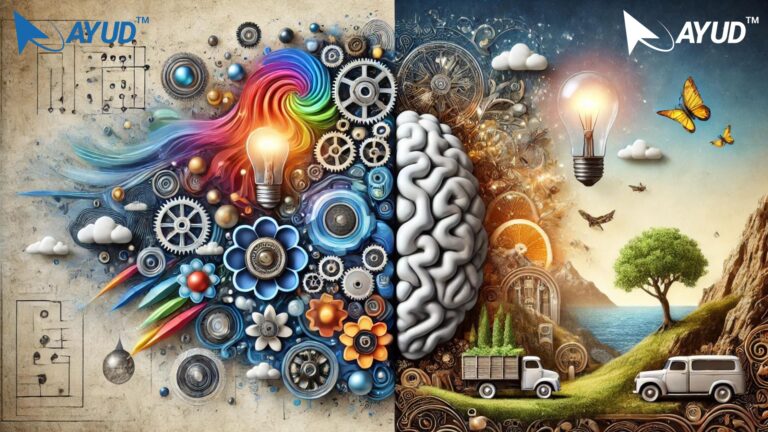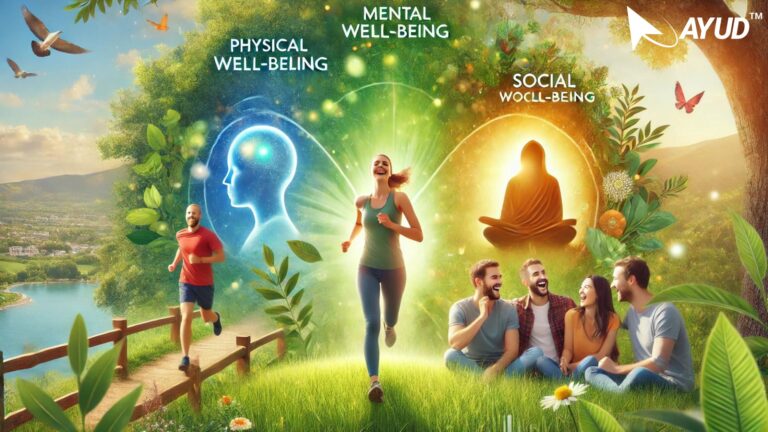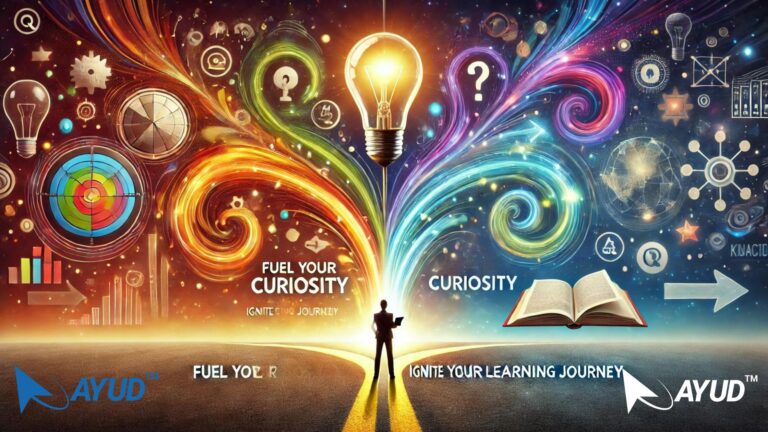Read and Study: Understanding Their Similarities and Differences
Read and Study: Understanding Their Similarities and Differences
Reading and studying are two activities often associated with learning and knowledge acquisition. While they share common ground, they serve different purposes and are used in various contexts. This blog will explore the similarities and differences between reading and studying, how and where to use each effectively, and provide practical examples to illustrate these points. By the end of this blog, you will have a clear understanding of when to read and when to study, ensuring you can optimize your learning process.
What is Reading?
Reading involves decoding and understanding written text. It is a fundamental skill that enables us to access information, enjoy literature, and communicate effectively. Reading can be a leisure activity or a means to acquire knowledge on a specific topic.
What is Studying?
Studying, on the other hand, is a more focused and structured form of learning. It involves not only reading but also analyzing, synthesizing, and retaining information. Studying is often goal-oriented, aiming to master a subject or prepare for an exam.
Similarities Between Reading and Studying
Information Acquisition: Both activities involve gathering information.
Cognitive Engagement: Reading and studying require mental engagement and concentration.
Skill Improvement: Regular reading and studying can improve vocabulary, comprehension, and critical thinking skills.
Differences Between Reading and Studying
Purpose:
Reading: Can be for pleasure, general knowledge, or relaxation.
Studying: Typically for a specific goal, such as passing an exam or mastering a subject.
Approach:
Reading: Often a passive activity; involves understanding and enjoying the content.
Studying: Active and structured; involves critical thinking, note-taking, and memorization.
Depth of Engagement:
Reading: May involve skimming or scanning for general understanding.
Studying: Requires deep engagement and often repeated review to ensure retention.
When to Read
For Pleasure: Reading novels, short stories, or poetry.
General Knowledge: Reading newspapers, magazines, or blogs.
Light Learning: Reading about topics of interest without the pressure of tests or grades.
When to Study
Academic Success: Preparing for exams, writing papers, or completing assignments.
Skill Development: Learning a new language, coding, or professional development courses.
In-depth Understanding: Mastering complex subjects like mathematics, science, or history.
Practical Tips for Effective Reading
Set a Purpose: Know why you are reading a particular text.
Choose the Right Material: Pick books or articles that interest you or are relevant to your needs.
Create a Comfortable Environment: Find a quiet and comfortable place to read.
Take Breaks: Avoid burnout by taking regular breaks.
Practical Tips for Effective Studying
Create a Study Plan: Outline what you need to study and set a schedule.
Use Active Learning Techniques: Engage with the material through summarizing, questioning, and discussing.
Take Notes: Writing down key points helps with retention.
Practice Regularly: Consistent study sessions are more effective than cramming.
Real-Time Example: John’s Journey
John, a college student, illustrates the practical application of reading and studying. John loves reading science fiction novels in his free time. This habit improves his vocabulary and provides a welcome escape from academic stress. However, when it comes to his chemistry course, John switches to study mode. He creates a detailed study plan, attends study groups, and uses flashcards to memorize chemical equations.
By balancing reading for pleasure and studying for academic success, John manages to excel in his courses while also enjoying his leisure time. His story highlights how reading and studying can complement each other, contributing to both personal growth and academic achievement.
Conclusion
Understanding the differences and similarities between reading and studying is crucial for effective learning. Reading can be a pleasurable activity or a means to acquire general knowledge, while studying is a focused and structured process aimed at mastering a subject. Both are essential for personal and academic growth.
Incorporating both activities into your routine can enhance your knowledge, improve your cognitive skills, and provide a balanced approach to learning. Remember to set clear goals, choose appropriate materials, and create a conducive environment for both reading and studying.
#Learning #ReadingVsStudying #EffectiveLearning #StudyTips #ReadingHabits #Education #KnowledgeAcquisition #StudentLife #AcademicSuccess #SkillDevelopment #ayud #ayudjobs #askayud #MultiLanguageSupport #ResumeBuilder #gotestit #ayudian #ayudblog
How to Use Ayud Jobs: A Comprehensive Guide
Join our what’s app channel for timely updates
Click here to install Ayud Jobs App from Playstore
Job Providers: https://api.ayudjobs.com/client/register
Mastering Knowledge with GoTestIt: The Ultimate Self Evaluation Tool
How to Use Ayud Career Booster Application: A Comprehensive Guide







